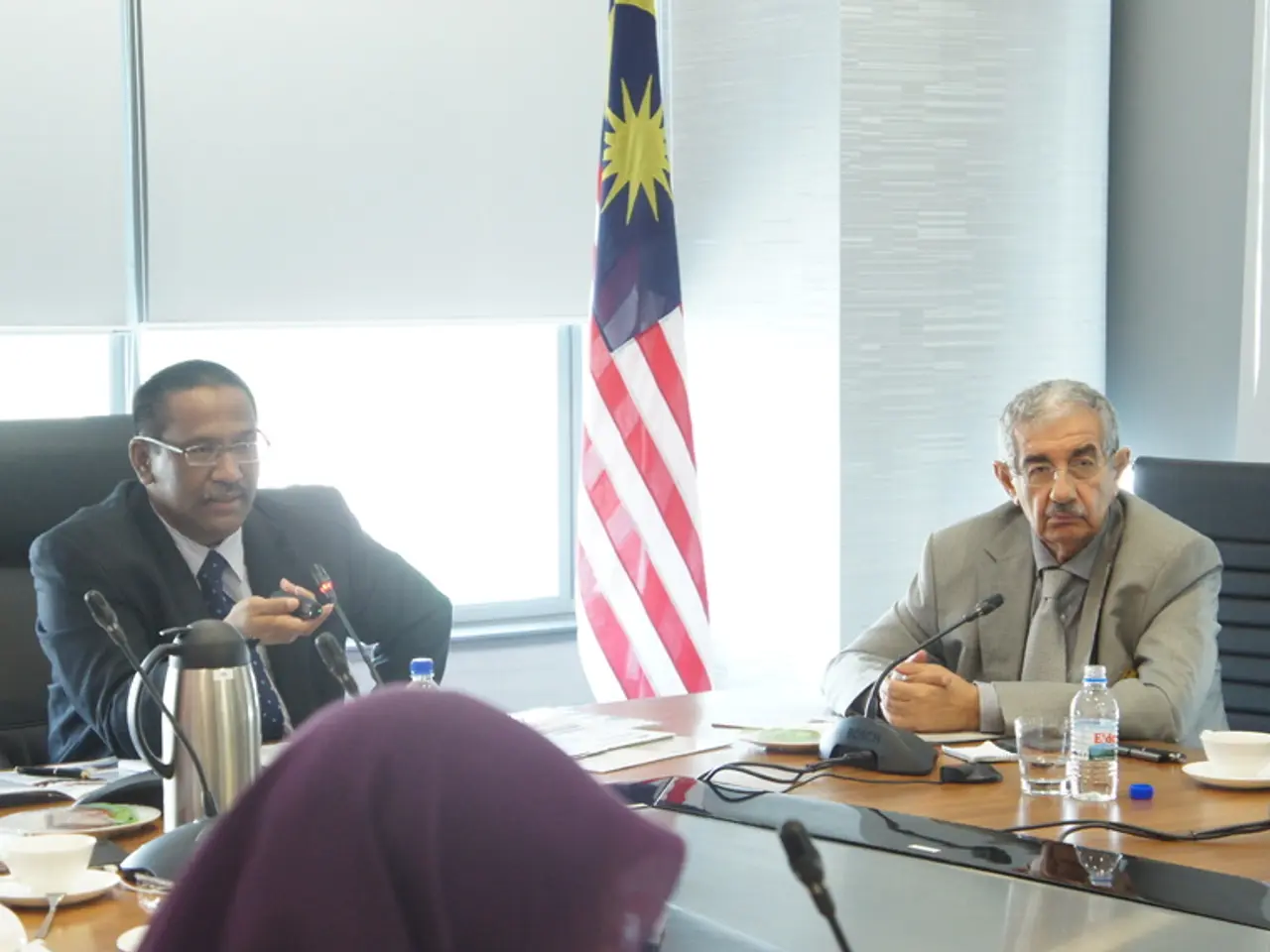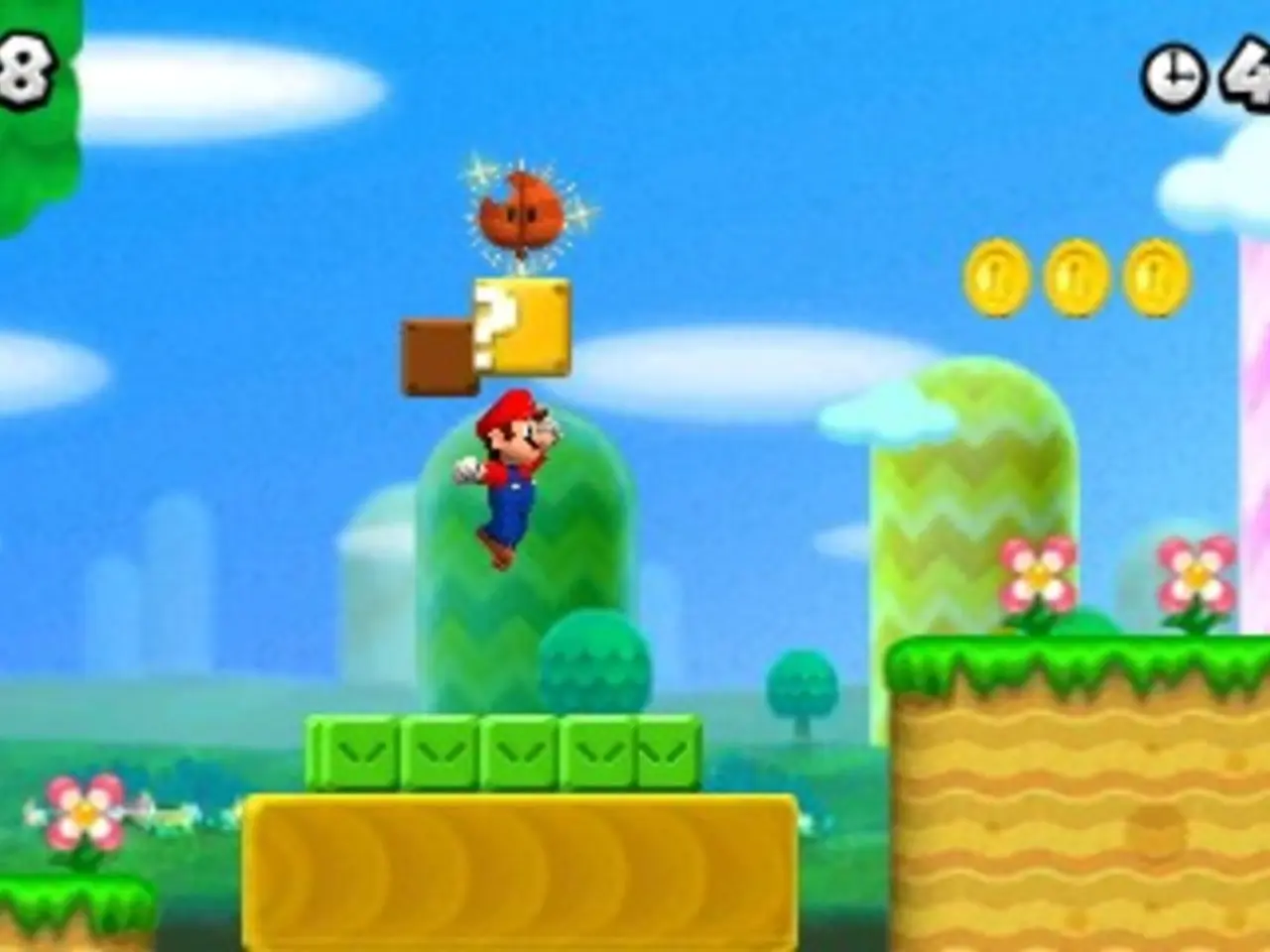Anticipates Potential Departure Hurdles from Border Checkpoints (Poland)
In a move aimed at addressing a surge in irregular migration and strengthening border security, Poland has announced that it will temporarily reinstate border controls with Germany and Lithuania starting July 7, 2025. This decision comes amidst increased migration pressures at Poland’s eastern borders with Belarus, an issue Poland attributes to alleged organized migrant flows by Belarus and Russia, though these countries deny involvement.
The announcement was made by Prime Minister Donald Tusk, who framed the decision as a necessary step to reduce uncontrolled migrant movements. The temporary checks will apply at all border crossing points by road, rail, and air, and will be random but are expected to cause some delays. Special services, border guards, military, and gendarmerie will be involved in border surveillance, especially in border towns.
The decision has been met with cooperation from Germany’s government, with German Chancellor Friedrich Merz supporting continued controls to secure EU external borders while rejecting claims that Germany is sending asylum seekers back to Poland. However, the issue has become a contentious one in Poland, with the ruling party, Law and Justice (PiS), praising civilian border patrols organized by the far-right group, the Movement for the Defense of Borders.
The PiS has historically taken a hardline stance on migration and border security, often emphasizing sovereignty and national security. The reinstatement of border controls aligns with this approach. However, Government spokesman Szlapka has denied the PiS politicians' depiction of large numbers of migrants crossing the border.
Migration is a highly politicized issue in Poland, with nationalist opposition and far-right groups criticizing the government for being too lenient. Some far-right groups have even organized patrols along the German border, reflecting grassroots nationalist activism pushing for stricter migration controls.
Despite the controversy, Poland's leaders emphasize that the move, while temporarily affecting free movement within the EU, is essential for national and European security since Poland's borders form part of the EU’s external boundary. Asylum seekers can now be rejected at the German-Polish border, with approximately 1,300 rejections having been conducted by the Federal Police since May 8th. In every tenth case, an asylum application is made following the rejection at the border.
The PiS and the future president supported by them, Karol Nawrocki, have praised these civilian border patrols. However, the political environment surrounding migration remains tense, with far-right actors pressing for even more stringent controls and nationalist rhetoric remaining strong.
In summary, Poland is temporarily restoring border controls with Germany to combat irregular migration and reinforce security, with cooperation from Germany’s government. The measures are embedded in a broader, highly politicized debate involving national security concerns, far-right activism, and EU freedom of movement principles.
- The decision by Poland to reinstate border controls with Germany and Lithuania, starting July 7, 2025, is a part of a larger political discourse surrounding migration and border security, a highly politicized issue within the country.
- The reinstatement of border controls is not only a move aimed at managing uncontrolled migrant movements but also a reflection of the ruling party, Law and Justice (PiS)'s historical stance, emphasizing sovereignty and national security in the realm of migration and border issues.








